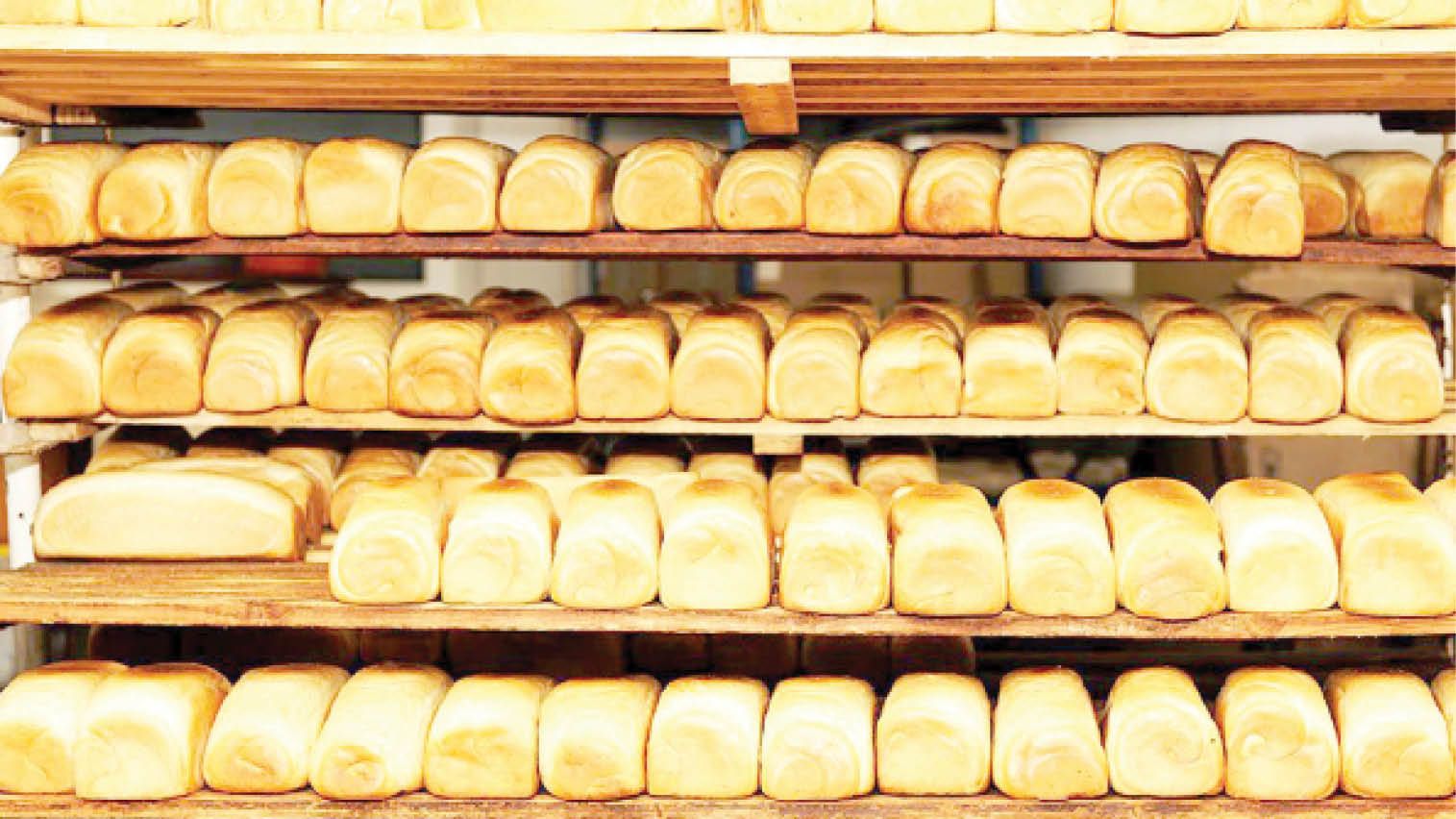Nigeria’s Baking Industry in Crisis: Over Half of Bakeries Shut Down Amid Economic Challenges
The Nigerian bread-making sector is facing an unprecedented crisis, with more than 80,000 bakeries forced to close since 2020, according to the Premium Breadmakers Association of Nigeria (PBAN). The industry’s sharp decline reflects broader economic challenges affecting the manufacturing sector nationwide.
PBAN President Engr. Onuorah Emmanuel revealed these stark statistics during the organization’s PBAN Day Out 2025 conference in Lagos, themed “The Business of Baking: Pathways to Profit, Productivity and Growth.” The event highlighted the mounting pressures facing Nigeria’s baking industry, from soaring operational costs to security concerns.
The decline has been particularly severe since the COVID-19 pandemic, with the number of operational bakeries plummeting from 140,000 to fewer than 60,000. Emmanuel pointed to several critical factors driving this downturn, including prohibitive interest rates exceeding 30 percent and an overwhelming dependence on imported raw materials.
Nigeria’s wheat supply situation illustrates the industry’s vulnerability to external factors. The country imports 98 percent of its wheat needs, requiring approximately 5.1 million metric tons annually while producing only 300,000 metric tons domestically. This heavy reliance on imports has made the sector particularly susceptible to global market fluctuations.
Recent government interventions have provided some relief. President Bola Tinubu’s decision to remove the 15% wheat import duty and Value Added Tax (VAT) on wheat and grains has helped stabilize bread prices, ending a period when bakeries were forced to adjust prices multiple times monthly to remain viable.
However, significant challenges persist. A recent electricity tariff increase of over 2,000% for Band A users, coupled with unreliable power supply, has forced bakeries to rely heavily on expensive diesel generators. Additionally, security concerns in Nigeria’s northern agricultural region have severely hampered efforts to increase domestic wheat production, with farmers facing extortion from armed groups.
Mrs. Adijatu Olopade, Chairperson of the PBAN Planning Committee, emphasized that this year’s conference was specifically designed to help members navigate these challenges through training and innovation. The event marked a departure from previous social gatherings, focusing instead on business survival strategies.
Industry expert Juliet Aigbe, founder of Cakeflair and Bourffe Bakeries Limited, shared her personal experience of losing over N6 million due to prioritizing quality over profitability, highlighting the delicate balance bakers must maintain in today’s challenging environment.
The crisis in Nigeria’s baking sector reflects broader economic challenges facing the country’s manufacturing sector, with implications for food security and employment. As stakeholders seek solutions, the focus remains on addressing fundamental issues of infrastructure, security, and economic policy to ensure the industry’s survival and growth.







Leave a Comment